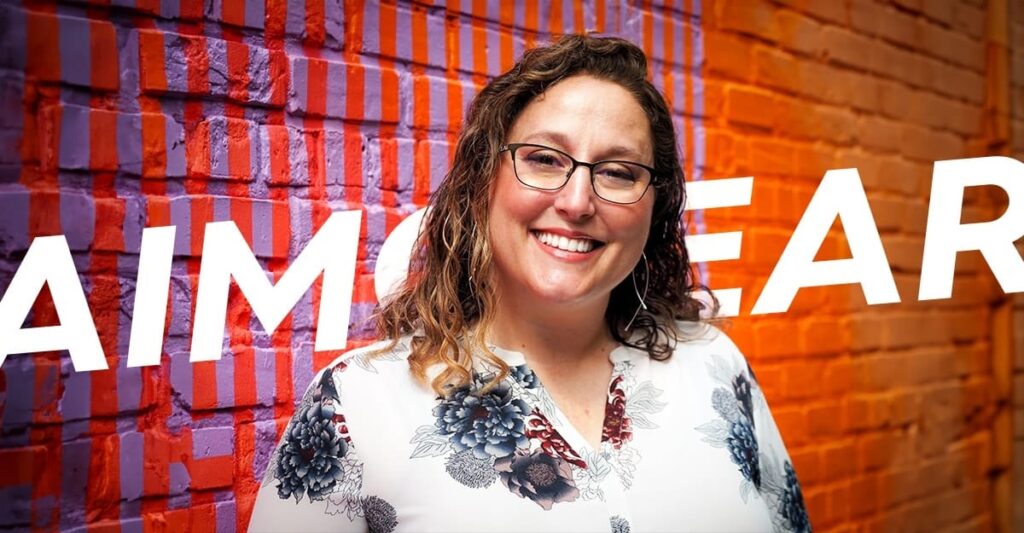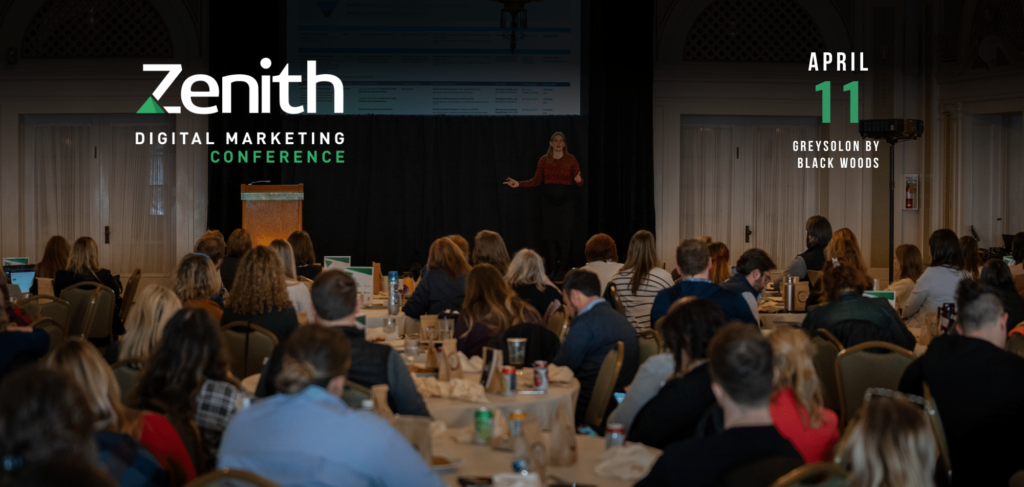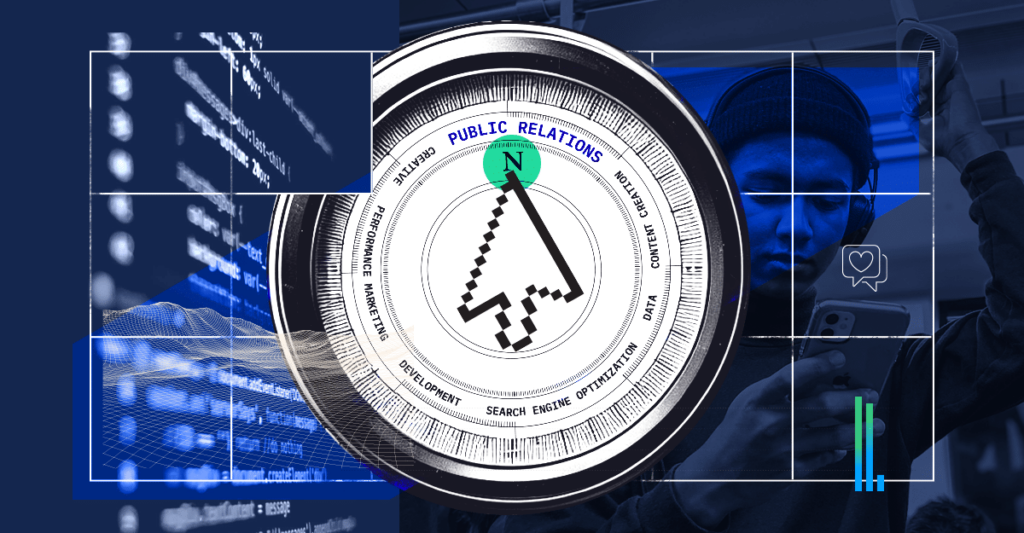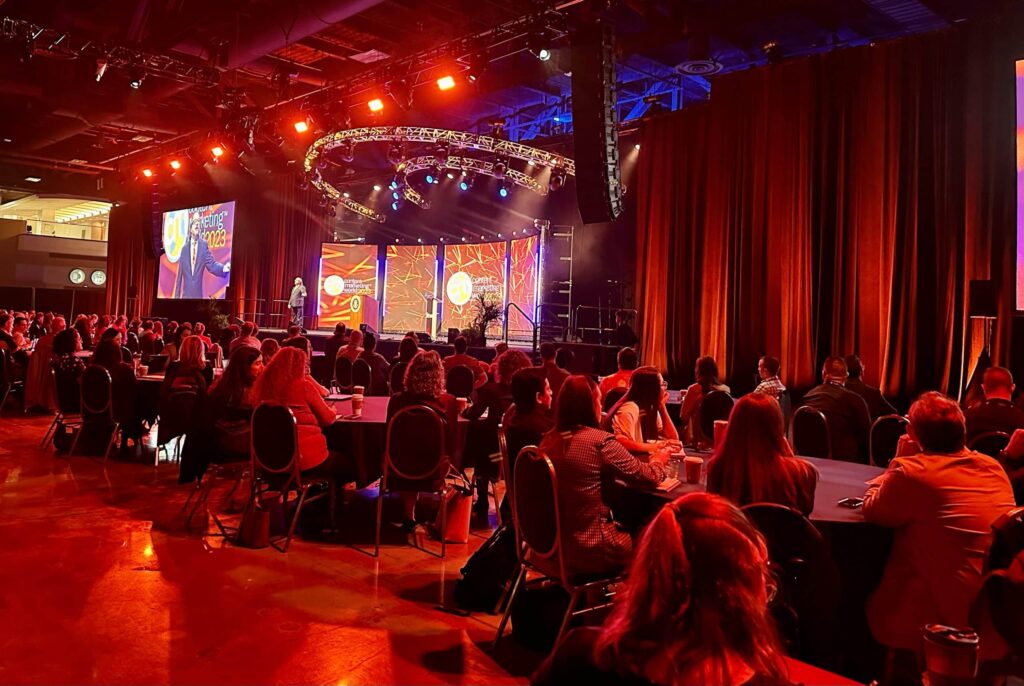It’s not every day you get the opportunity to ask industry leaders your burning SEO questions, but SMX Advanced offered attendees the chance during the final session of day 2. “Ask The SEOs” was a free form, no presentation kind of session. A bunch of really smart guys and gals sat on stage and took questions from the audience for the entire length of the session.
Yep, you heard it right: 75 minutes of Q&A. Panelists included Bruce Clay, President of Bruce Clay, Inc.; Rae Hoffman, CEO of PushFire; and independent SEO consultants Alex Bennert and Greg Boser. A couple of special guests joined in about halfway through the discussion, but you can probably guess who they were (keep reading for confirmation)! Danny Sullivan, Founding Editor of Search Engine Land, led the session, and questions were expertly moderated by Dustin Woodard, President of SEO Naturale (perhaps the most underrated role for a session composed entirely of Q&A). Despite it being the last session of the last day of the conference, the panel had a packed house of SEOs. Dive in with us as we explore what was asked, answered and debated at SMX Advanced.
Note: What follows is a summary of the panelists’ responses, not a transcript or direct quotes.
If our target audience doesn’t know what Google+ is, should we spend time on it?
Greg: Yes. It may not matter a ton right now, but it’s the direction Google is going in. They want to use it as a signal.
Alex: That’s like saying our audience doesn’t know what title tags are, so you shouldn’t worry about them.
Bruce: I’ve said in the past that Google+ is the best place to hide a dead body. But you need to do it for authorship.
Rae: Don’t be lazy. You don’t have to post all the time. Once a day is fine. Force yourself to use it. It may not matter now, but it will in the future, and you need to have a leg up once it is a factor.
Danny: It doesn’t take much time. Paste the same thing from Facebook to Google+. People aren’t upset when they see the same thing on two different networks. Most people aren’t like Robert Scoble: they’re not on every network.
How do you deal with syndicated content?
Alex: It’s a tricky question. Canonicalization is pushed a lot, but Google News is kind of dodgy as to whether they read it.
Greg: When negotiating syndication deals, incorporate canonicalization requirements into them. The more you can do to help Google figure it out, the better, because they don’t always get it right.
As an SEO, when is your job done? Is it ever done?
Rae: Anyone that ranks #1 may think they are done, but their competitors may just be getting started. You need to maintain what you’ve built.
Greg: There’s always more to squeeze out, even for sites that dominate the SERPs. Seasonal considerations are a good example.
Bruce: SEO goes on until your competitors die. When you think you’re done, it means you didn’t have enough keywords.
How does SEO in the U.S. differ from international SEO?
Greg: The gap is closing between when things are rolling out in the U.S. versus other countries. Things we spot here show up across the pond much quicker now, but there’s still a lot of places where brute force tactics work.
Bruce: Google is starting to target areas where spam is a different problem than in the U.S. They don’t do the same things that are done here.
What is the biggest SEO mistake?
Greg: Spending too much time looking at what’s now versus what’s coming, authorship and Google+, for example. We know where they’re trying to get to, what they’re trying to achieve based on their patent applications. We should be building strategies to accommodate that. Google+ may not be a huge ranking factor now, but it is going to be. Do stuff for the future. Invest in it now so you don’t have to play catch up. Build the moat around your castle. Doing this puts you in a stronger position down the road.
Rae: Total and utter reliance on tools. Use tools for information gathering, not as something to tell you what to do. A lot of them can these days, but you need to have an experienced analyst look at the data. Don’t let a tool tell you what links are bad, for example. Using an SEO tool is like using a calculator. You still need to know how to do math.
Alex: Ignoring or overlooking the basics. Don’t get caught up in the advanced things and forget basic concepts such as meta descriptions.
Bruce: We assume we’re entitled to ranking. If we build a page, put title tags on it, and link it correctly, we assume we’re the best out of a million results. Google requires that we earn rankings. A lot of people have the ‘if you build it they will come’ mentality, and they’re not willing to commit the energy, time, budget, and expertise to earn rankings. Just having content doesn’t mean it will automatically rank.
Greg: Content is not really king—the court jester, maybe. The web is littered with content that doesn’t rank. You have to earn it in all areas. Build your brand and your offline presence. Starbucks ranks #1 for coffee largely because of what they’ve done offline. Think that way no matter what you’re doing on the web.
Rae: You can’t just put up good content. If you don’t have a detailed marketing plan to promote it, it won’t do you any good.
If you could force Matt Cutts or Duane Forrester to do one thing, what would it be?
Rae: Provide keywords.
Greg: Same. Taking away keyword data is completely evil. It has nothing to do with security.
Danny: Google should tell everyone to run on secure servers, and as a reward, you’ll get keyword data.
Alex: iOS 6 referrer data.
Bruce: Provide keywords for everything or take it away for PPC. How is that any more private? Most people don’t even know they’re clicking on an ad.
Danny: If only there were someone from Google/Bing who could address these issues…
At this point, Bing’s Duane Forrester joins the panelists to thunderous applause. Google’s Matt Cutts appears shortly thereafter, but only after Danny jeers, “At least Bing is brave enough to come to the stage.”
Why are you hating on not provided? Why are you so evil?
Matt: In general, more encryption is better than less encryption on the web. As for PPC buyers still receiving that data, I’m just one guy. I can’t singlehandedly change that. Google wants to support pushing encryption forward. We want to make things more consistent.
Why do I have to disavow my own links?
Duane: There’s a layer of intent behind this. When you disavow links, it gives us a clue as to who’s a good webmaster. Disavow isn’t just about a singular link that you don’t like. Are you a spammer at heart? Or are you one of the good guys?
Google’s Maile Ohye said that authorship was intended for articles. Is adding authorship sitewide bad?
Matt: My personal blog has authorship on the whole thing. If a publisher has a lot of contributors, it’s better to tighten up the markup. For personal sites, it seems totally fine to run sitewide. I don’t like spam, and spam tends to thrive when there’s anonymity. When you know who wrote something, it’s harder for spam to hide. There still needs to be room for free speech, of course, but when sites require an actual named person to post comments, it moves to more civil discourse.
Duane: Authorship is great, but from our perspective there’s a broader play, and authorship is narrow. How do you expand the notion of who the person is and apply that to entities? It’s not just “I’m a writer and here’s what I wrote,” but “I’m a manufacturer and here’s what I produce.” Within Schema.org, there are so many terms that are applicable across multiple businesses.
Greg: If you have an evergreen piece of content that you wrote that’s not necessarily a blog-style article, it should still have authorship. Product pages probably shouldn’t have it.
When will publishership be supported?
Duane: There’s a few layers to go through there. Things take a while.
Should articles be dated?
Duane: Put a damn date on things, people. What are you thinking when you’re not putting a date on things? Just because the date is older, doesn’t mean that it’s not relevant.
Matt: It’s annoying for a user to land on a page without a date. You need to have dates on pages.
Greg: When publishing content, Google reacts differently to dated stuff. When clients write truly evergreen stuff, it’s not going to change. When Google pulls the date of publication into the SERP, you lose CTR. An article about the Civil War, for example, would still be completely relevant, even if written in 2008. One way to handle this is to publish a post and let all the comments come in, then archive it to a different page, minus the date and comments, and canonical to that page. The content tends to rank better. Date stamp blog posts for sure.
Rae: When I took dates off my articles, I got a lot of angry emails.
Matt: If something is of value and will stand the test of time, there might be cases where it makes sense to feature that and not include the date.
Duane: A search engine’s goal is to bring back the best results for the searcher. Serving old content can hurt the search engines. When things get old and outdated, remove the content or update the page with newer information and move the older content down.
What’s up with scrapers outranking original content? How do you fix it?
Matt: If scrapers are doing it in a spammy way, fill out a spam report. I wouldn’t worry about it, but if you are, embed links to own stuff in your articles and use rel=canonical.
Are affiliate links from bad sites bad?
Matt: Google is good at not counting affiliate links in the same way they don’t count press release links.
Rae: If you’re using network links, don’t worry about it. If you decided to build links off your affiliates’ backs and you tried to make them not look like affiliate links, you might have something to worry about.
Matt: If you ever hear “search engines have no way to detect this,” run very fast. Almost all loopholes eventually get closed.
How many more ads can you squeeze into the SERPs?
Matt: Organic is not dead. Lots of ads above the fold is a bad user experience. We’ve looked at establishing thresholds for space devoted to organic vs. ads. The search team has the authority to push back if the ads team requests more real estate.
What are your top takeaways?
Bruce: If you haven’t been penalized yet, you may think you’re immune. No one is immune. Everyone has a weakest link pointing to their site. Look at your link profile and fix those weakest links.
Alex: Make use of the data in webmaster tools from Google and Bing.
Greg: Mobile. Offer a better experience.
Rae: Don’t be generic in your content, marketing efforts, anchor text, etc.
Duane: In this order, focus on: 1. Content. It is king, because people are searching for it. 2. Social. It’s about engaging. 3. User experience. Do usability testing. 4. Links. If you nail the first three, you’ll get all the links you want. 5. SEO. Nail best practices.
Matt: Avoid the temptation to go black hat. Make something compelling. Design and user experience are important to think about: sand down your rough edges. Mobile matters, and it will matter a lot faster than people realize. It will surpass desktop traffic in the next 2-3 years, so don’t completely ignore mobile. Think about it and how you can do it well.
Danny: Think social. Search always has been social. Don’t just do social, live it.
Could there be a better way to conclude than that? We think not. Well, that’s a wrap for SMX Advanced 2013, but not our coverage. We’ll be back with final thoughts and themes gleaned from the conference. Stick around.
Image © Harry HU – Fotolia









